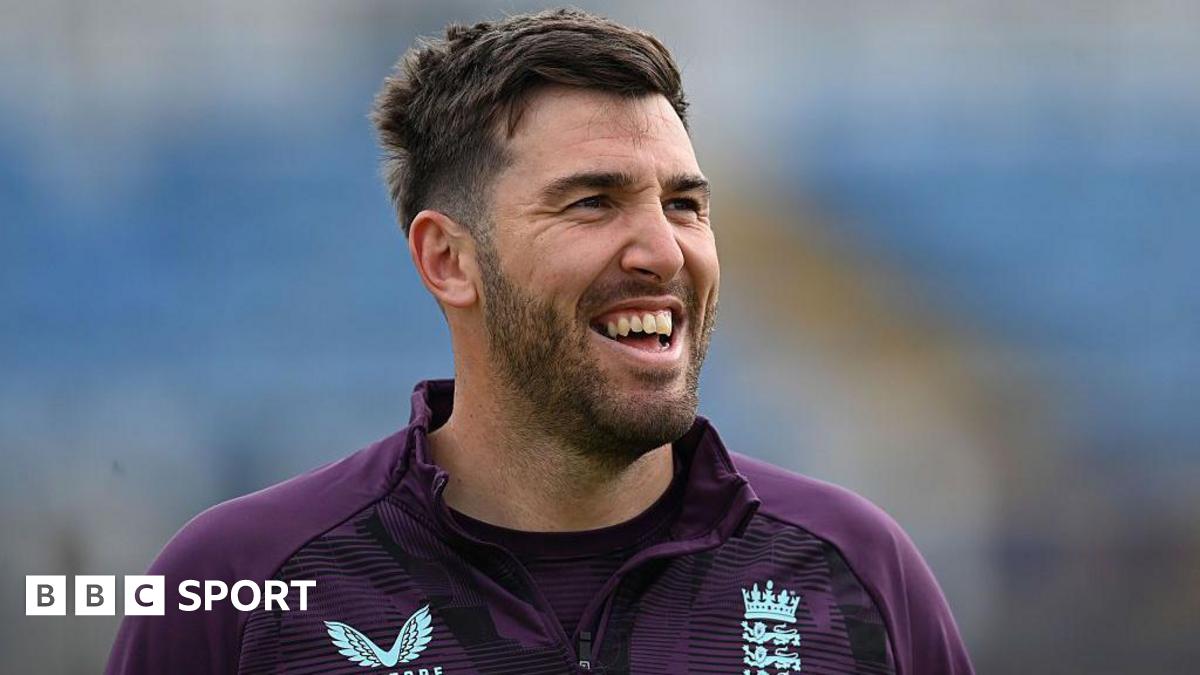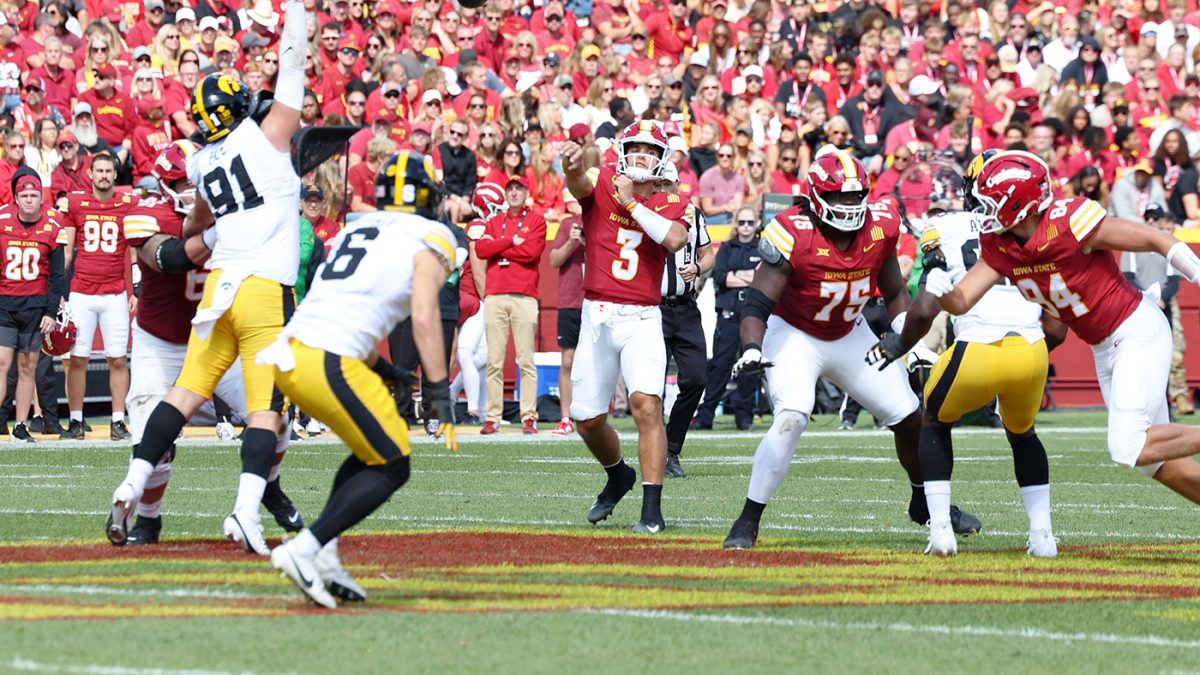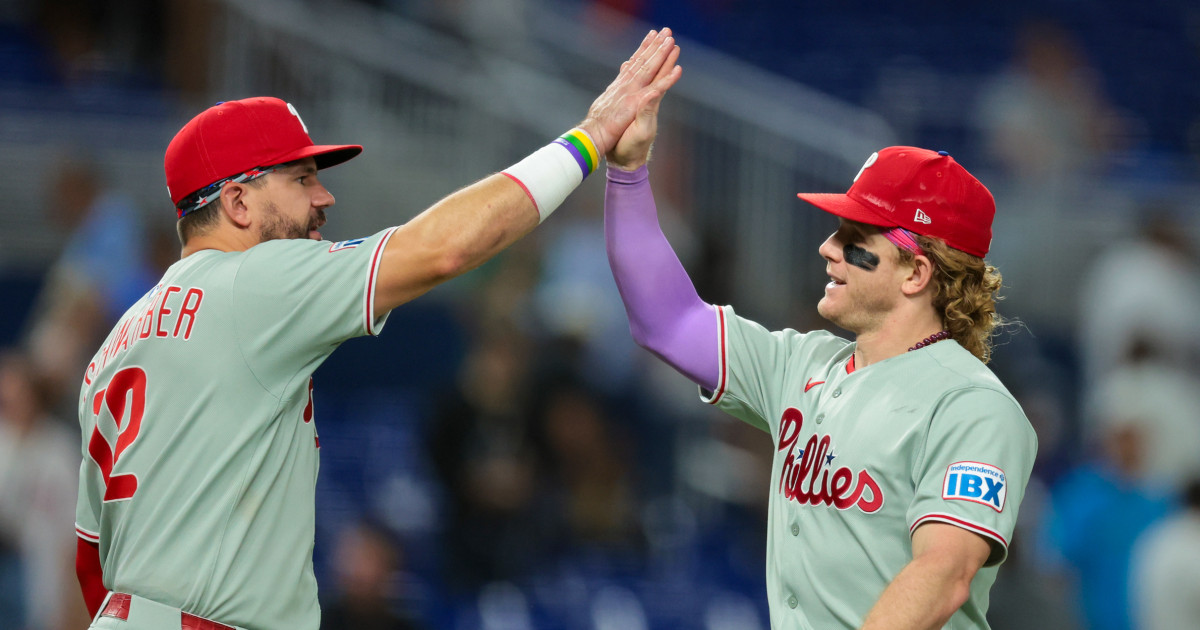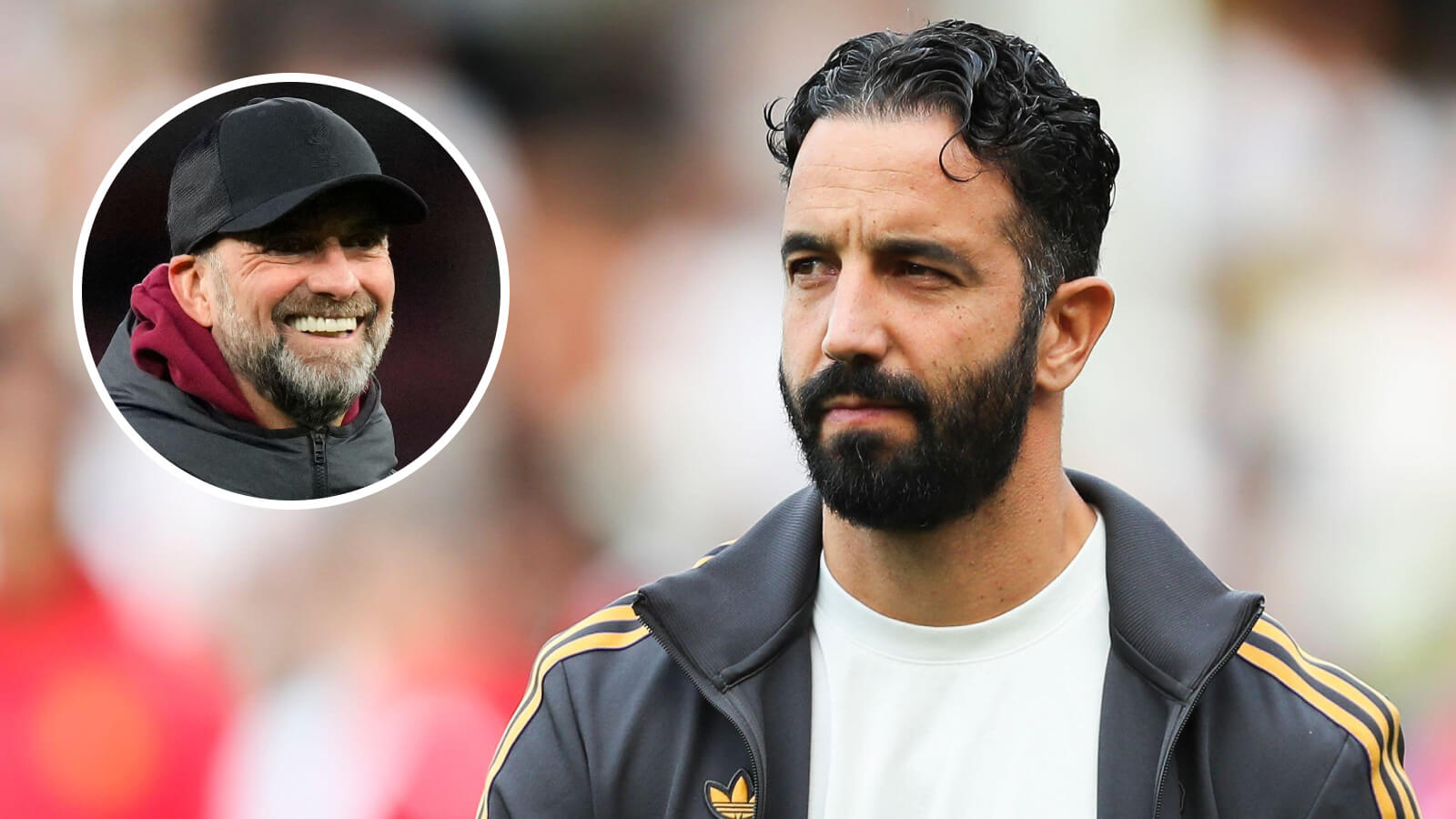BCCI shuts criticism over playing Pakistan in Asia Cup 2025: ‘A country which is not on friendly terms with India…’

Amid calls for a boycott of the match, including disapproval from former cricketers and fans, Saikia clarified that the Indian cricket board is acting in accordance with guidelines issued by the central government. The revised policy, introduced in August, permits Indian athletes and teams to participate in multinational events featuring countries not on friendly terms with India, while continuing to bar bilateral engagements with those nations."So far as the BCCI's view is concerned, we have to follow whatever the central government formalises," Saikia told ANI. "Recently, our policy, which is in place, regarding India's participation in any multinational tournament or international tournament, there is no restriction imposed by the central government on whether we play any of the countries which are not on good terms with India."He reiterated that India's participation in the Asia Cup and other ICC events is mandatory under international commitments. "As the ICC Cup is a multinational tournament involving the countries of the Asia continent, so we have to play. And also, for any ICC tournament, when there is a country which is not on friendly terms with India, we have to play in the international tournaments," he said.Bilateral contests, however, remain off the table. “So far as bilateral is concerned, we are not going to play with any of our hostile countries,” Saikia said, drawing a firm line in line with national policy.He also warned of the broader implications if India were to boycott a multinational event. According to Saikia, refusing to participate in matches against certain countries could invite sanctions from global sporting bodies, not just in cricket but across other sports disciplines as well."So we are following the policy framed by the government of India, the Youth and Sports Development Department," he said. "And for that, BCCI will have to do it. And we are very happy to follow the policy. That policy is very nicely done, taking into consideration not only cricket, but also other games."To highlight the seriousness of the issue, Saikia pointed to the potential risks athletes like Neeraj Chopra could face if similar boycott sentiments were applied in other sports. "Suppose in athletics, India is not playing a particular tournament because we have to play with a player belonging to a hostile country. In that situation, if any sanction comes with the Indian Athletic Association, then take the example, suppose Neeraj Chopra, he won't be able to participate in any international event. So that will be detrimental to the interests of the players."Saikia noted that the government had likely accounted for all such scenarios before formulating a balanced approach that protects national interests while ensuring athletes remain part of the global competitive landscape.











